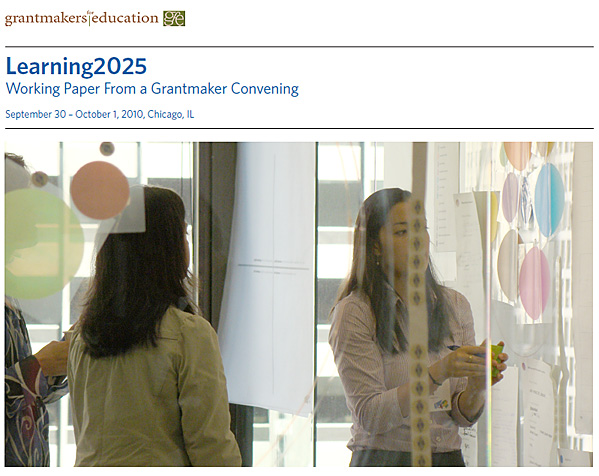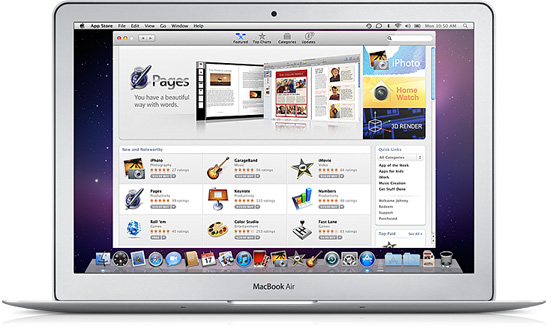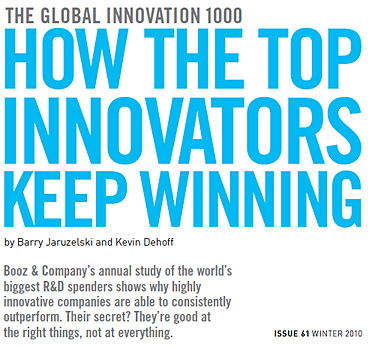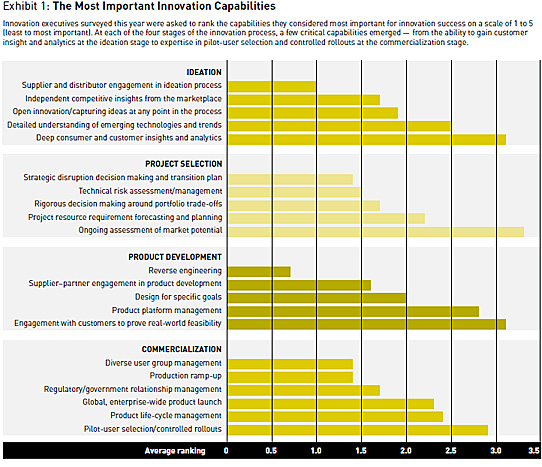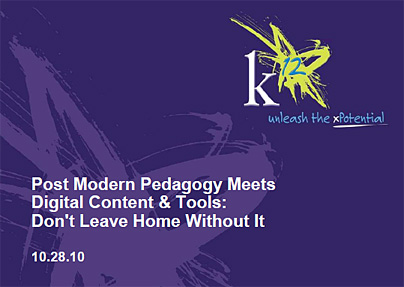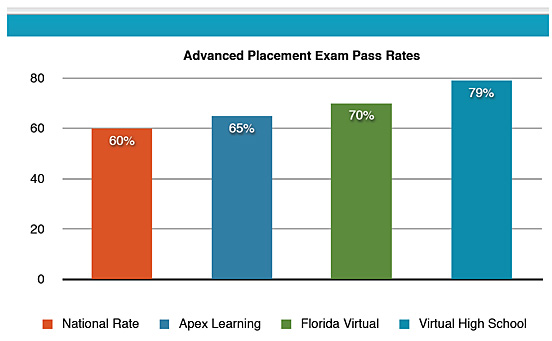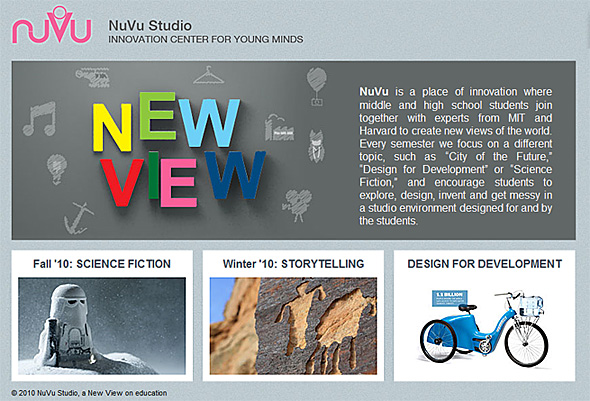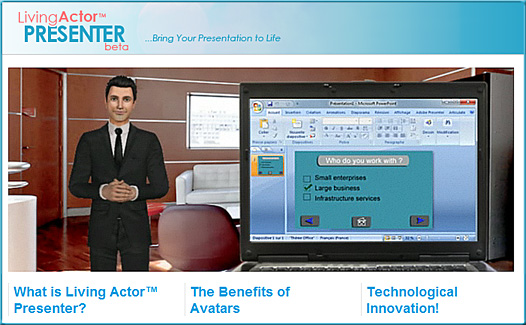Wharton, Rebooted — from InsideHigherEd.com (emphasis below from DSC)
The nation’s oldest graduate school of business is adopting sweeping changes to its M.B.A. curriculum that come with a unique acknowledgment: two years of study alone cannot prepare graduates for decades of future unpredictability.
The changes at the Wharton School of the University of Pennsylvania, which were supported by 87 percent of its faculty members in a vote last week, call for a more flexible menu of core courses, a greater emphasis on ethics, and new requirements designed to make students better communicators and judges of risk. They also promise future training — free — to graduates every seven years.
…
Wharton’s solution is to offer tuition-free executive education training to future graduates of its master’s in business administration program, in what it dubs a “radically new vision of business education as a lifelong ‘knowledge partnership.’ “
…
“In higher education, we generally think of degrees in the front-loaded sense: here’s everything you need to know and then we wish you the best,” he said. “This commitment they’ve made to career-long executive education is not only something that has changed the competitive landscape in business education, but also fits perfectly into our belief that management education is not something you can manage in just two years or one year.”









